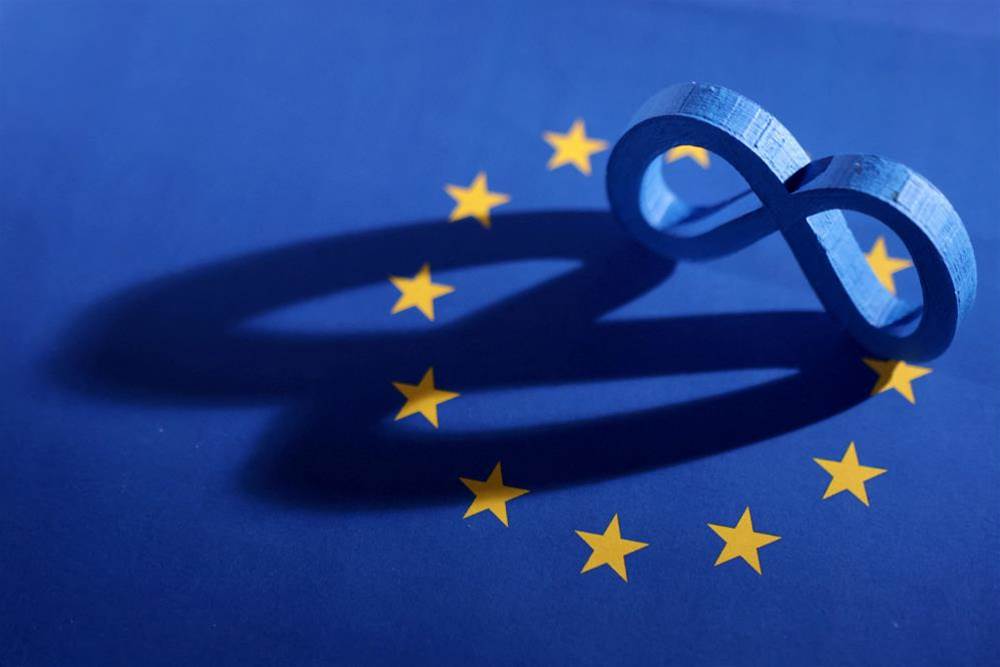EU Court Enters New Territory: Penalties Imposed on EU for Breaching Its Own Data Protection Regulations
We independently review everything we recommend. When you buy through our links, we may earn a commission which is paid directly to our Australia-based writers, editors, and support staff. Thank you for your support!

EU Court Verdict: European Commission Penalized for GDPR Violation
Quick Read
- The EU General Court ruled against the European Commission for breaching GDPR rules.
- A German citizen’s personal information was improperly transferred to the US through Facebook login.
- The court mandated the Commission to compensate US$412 in damages.
- This ruling emphasizes the EU’s own obligation to adhere to its strict GDPR regulations.
- Major companies such as Meta, Klarna, and LinkedIn have encountered similar penalties for non-compliance.
Significance of This Ruling
The European Union has positioned itself as a frontrunner in global data protection, primarily due to its General Data Protection Regulation (GDPR). However, this recent decision from the EU General Court has unveiled a severe violation—this time from its internal bodies. The European Commission was found culpable of transferring a German citizen’s personal data, which included IP address details, to the United States without adequate safeguards, breaching GDPR standards.
This ruling signifies the first occasion where the EU has been held responsible for its own legislation. The award of US$412 in damages to the individual, though modest, bears symbolic significance as it establishes a benchmark for compliance with GDPR by EU institutions themselves.
Violation Details
The controversy began when the individual accessed the “Sign in with Facebook” feature on an official EU login page to register for a conference. This seemingly harmless act resulted in the transfer of the user’s personal data, including their IP address, to Meta Platforms in the US. The EU General Court ruled that this transfer did not align with GDPR requirements, which mandate strong safeguards to secure personal data sent outside the EU.
This verdict emphasizes the potential risks linked to third-party integrations, such as social media login features, where compliance with data privacy is frequently neglected.
Consequences for Data Privacy Enforcement
For many years, the EU has enforced GDPR with strict measures, penalizing significant corporations such as Meta, Klarna, and LinkedIn for failing to comply. This case, however, illustrates that even the European Commission is subject to scrutiny under the law. The ruling conveys a straightforward message that GDPR is applicable to all, including the governmental entities that formulated it.
As global discussions surrounding data privacy grow more intense, this verdict may prompt other regions to apply similar standards to their institutions, promoting greater accountability across the board.
Facebook and Third-Party Data Sharing
Facebook’s involvement in this case sheds light on the broader concern of third-party data sharing. While the “Sign in with Facebook” feature offers ease of access, it frequently entails sharing personal data with multiple parties, raising privacy issues. This situation serves as a warning for organizations to assess the privacy ramifications of integrating third-party platforms into their offerings.
Looking Forward: Implications for Australia
As Australia progresses with its data privacy regulations, including reforms to the Privacy Act, the EU case serves as a timely reminder of the vital importance of accountability. Australian organizations and government entities must ensure they meet local and international data protection standards to prevent similar errors.
With global data exchanges becoming more intricate, Australian companies dealing with data from EU citizens must stay attentive to GDPR compliance to avert possible legal disputes.
Summary
The EU General Court’s groundbreaking decision against the European Commission for violating GDPR underscores the universal relevance of data protection laws. By requiring the Commission to pay damages, this case sets a precedent for increased accountability, even among the lawmakers themselves. As data privacy grows into a global concern, this ruling acts as a wake-up call for institutions and organizations worldwide.
Q&A: Frequently Asked Questions
Q: What is GDPR?
A:
The General Data Protection Regulation (GDPR) is an extensive data privacy law initiated by the European Union designed to safeguard personal data and regulate its handling by organizations.
Q: Why was the European Commission penalized?
A:
The European Commission faced fines for transferring a German citizen’s personal data, including their IP address, to the United States without appropriate safeguards, breaching GDPR standards.
Q: What does this ruling imply for other organizations?
A:
This ruling highlights the imperative for all organizations, including government bodies, to adhere to data protection regulations. It indicates that violations of privacy standards can lead to legal and financial repercussions.
Q: How does this case affect Australia?
A:
As Australia moves ahead with data privacy reforms, this case serves as a reminder for governmental and private entities to ensure compliance with both domestic and international data protection regulations.
Q: What are the hazards of utilizing third-party login options like Facebook?
A:
Third-party login options, despite their convenience, can result in personal data being shared with external organizations, heightening the risk of privacy breaches and regulatory violations.
Q: Could this ruling influence changes in GDPR enforcement?
A:
Indeed, it sets a precedent for heightened enforcement and accountability, even for EU institutions, potentially leading to more stringent oversight of GDPR compliance moving forward.
Q: What should Australian companies take away from this case?
A:
Australian firms, particularly those handling data from EU citizens, need to prioritize strong data protection measures to ensure compliance with GDPR and avoid facing similar legal challenges.
